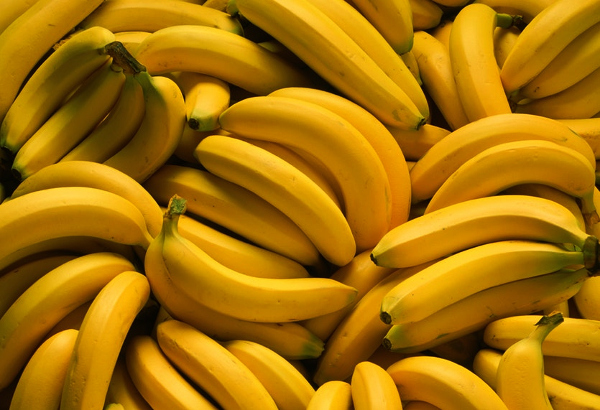Several thousands of farmers in five districts of the state of Bihar finally have something to look forward to. Those who are engaged in cultivating G-9 variety of banana have often been facing premature wilting of the standing plants for the last three years, putting them into huge losses. The Indian Council of Agricultural Research (ICAR) scientists have found a new Bio formulation for saving this most important cash crop. The innovative technology is known as ICAR-FUSICONT; a bio formulation designed for controlling the devastating disease.
While the deadly disease that afflicts the standing banana plants in the cropped land has been called ‘Panama wilting’, the banana cultivators of five districts— Katihar, Purnia, Bhagalpur, Vaishali and Naugachhia police district area in Bhagalpur— had almost decided to abandon the cultivation of banana and switch to other cash crops like maize.
The two ICAR senior scientists, who have made the breakthrough are Dr S Rajan, director, Central Institute of Sub-tropical Horticulture (CISH) at ICAR, Lucknow, and Dr T Damodaran, principal scientist of Central Soil Salinity Research Institute (CSSRI) at the same centre.
“Farmers, who earlier flourished by cultivating banana as a cash crop, suffered a major setback after a terrible outbreak of ‘Panama Wilt’ disease in 2016 which spread in alarming proportion. They went after all available options of fungicides and bio-products available in the market and tried hard to overcome the disease. All efforts failed to yield results ending in crop loss of more than 50%. This compelled them to switch over to other alternative cropping system as input cost in banana is too high:’ the two senior ICAR scientists said in their summary note.
“As a pilot demonstration, the new bio formulation was tested in Katihar district over 60 acres of banana field. More than 30 farmers came forward for adoption of the formulation with the hope of restoring the banana cultivation in most severely affected area. The formulation was made available to the farmers of Katihar district from Lucknow through public transport services from time to time and disease spread was constantly monitored and farmers were guided as per requirement,” Dr Rajan and Dr Damodaran said, adding, “Scientists from the regional station of ICAR-CISH, Malda, monitored the application activity from time to time.”
“It took nine months after adoption of the new technology for the farmers of Katihar to realize the benefits accruing from it. Farmers from Dighri, Batwara and Kursela, who adopted the technology were overwhelmed by the response of the formulation and are now demanding the material in huge quantity for complete restoration of the banana cultivation,” the scientists told timesofindia.indiatimes.com.
Source:FreshPlaza
Image Courtesy: Cosmos
You may also like
-
New Heat-Based Approach To Cancer Treatment Can Reduce Chemotherapy Doses
-
Scientists Take A Major Step Towards Unification Of Classical & Quantum Gravity
-
India Graphene Engineering and Innovation Centre (IGEIC) Under the Vision of Viksit Bharat@2047 Launched
-
New High-Performance Gas Sensor can Monitor Low Level Nitrogen Oxides Pollution
-
Antidepressant Drug can be Repurposed for Treating Breast Cancer
